Fundraising Ethics: Ensuring Transparency and Accountability in Your Campaigns
Introduction
Fundraising is an essential aspect of nonprofit organizations, political campaigns, and various charitable causes. While the goal is to raise funds to support important initiatives, it is crucial to conduct these campaigns ethically, ensuring transparency and accountability throughout the process. By adhering to ethical principles, nonprofits can build trust, foster long-term relationships with their funders, and ultimately achieve their goals. In this article, we will explore the importance of fundraising ethics and provide case studies and popular examples that emphasize the significance of ethical practices in campaigns.
Case Study 1: The Red Cross Scandal
One of the most infamous examples of fundraising misconduct is the American Red Cross scandal in 2012. Following the devastating Hurricane Sandy, the Red Cross faced allegations of mismanagement and lack of transparency in their fundraising efforts. Donors were frustrated to learn that a significant portion of the funds raised for relief efforts were not immediately deployed, leading to public outrage and a decline in trust (The New York Times, 2014). This case serves as a stark reminder of the importance of maintaining transparency and promptly using funds for their intended purpose.
Case Study 2: The Ice Bucket Challenge
On a more positive note, the ALS Ice Bucket Challenge is a prime example of an ethically conducted fundraising campaign. The challenge, which went viral in 2014, aimed to raise awareness and funds for amyotrophic lateral sclerosis research (Time, 2014). The campaign’s success can be attributed to its transparency and accountability. The ALS Association provided regular updates on the funds raised and how they were being used to support research and patient care (The ALS Association, n.d.). By demonstrating clear communication and tangible impact, the campaign built trust among participants and donors, resulting in over $115 million raised globally (The ALS Association, 2014).
Ethical Guidelines for Fundraising
To ensure transparency and accountability in fundraising campaigns, it is essential to adhere to ethical guidelines. Here are some key principles to consider:
- Integrity and Accuracy: Be honest and accurate when describing the cause, its objectives, and how the funds will be used. Avoid making false or overstated assertions that can undermine donor confidence.
- Transparency: Clearly outline how monies will be distributed and their intended effects. Provide donors with regular updates on the campaign’s progress and results.
- Donor Privacy and Consent: Uphold donors’ rights to privacy and obtain their permission before using their names publicly or disclosing any of their personal information.
- Financial Stewardship: Handle money with care, keeping overhead to a minimum and making sure the majority goes directly to the cause. To preserve accountability, audit and report financial data often.
- Prevent Conflicts of Interest: Make sure that no personal or professional conflicts of interest undermine fundraising efforts. Put the interests of the donors and the cause first.
Fundraising ethics play a vital role in establishing trust, credibility, and long-term relationships with donors. The Red Cross scandal serves as a cautionary tale, reminding fundraisers of the consequences of lacking transparency and accountability. Conversely, the ALS Ice Bucket Challenge showcases the power of ethical fundraising, as it engaged millions of participants and raised substantial funds for research and patient care. By adhering to ethical principles, fundraisers can uphold the integrity of their campaigns, inspire confidence in donors, and maximize the positive impact of their initiatives.
References:
- The ALS Association. (n.d.). Ice Bucket Challenge FAQ. Retrieved from https://www.alsa.org/about-us/ice-bucket-challenge-faq.html
- The ALS Association. (2014, December 18). ALS Ice Bucket Challenge: By the Numbers. Retrieved from https://www.alsa.org/news/media/press-releases/ice-bucket-challenge-by-the-numbers.html
- The New York Times. (2014, June 16). Red Cross ‘Diverted Assets’ During Storms’ Aftermath. Retrieved from https://www.nytimes.com/2014/06/17/us/red-cross-diverted-assets-during-storms-aftermath.html
- Time. (2014, August 29). What’s Next for the ALS Ice Bucket Challenge. Retrieved from https://time.com/3181871/als-ice-bucket-challenge-what-next/
Published on January 29, 2024.
Stay tuned for new blogs every Monday!
Follow the iMPACT Magazine on social media for more informative content.






